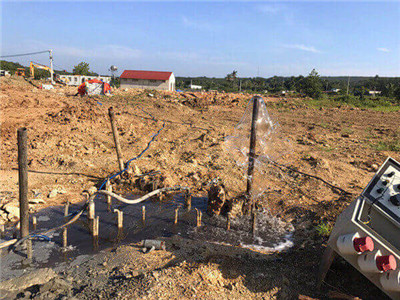Pile grout mixing plants are specially designed for portable, high capacity grout plant, which are ideal for large, heavy-duty construction sites. Pile grout mixing plant for sale is used for :soil embossing, rock grouting, filling gaps, waterproofing, soil anchors, cable bolts, rock bolts, well covers, contact grouting, abandoned wells, ships/underwater, rear tightening, prefabricated, machine-based mounting, self-leveling floor mats, floor undersea leaks and people.
Grout mix piling is a method based on soil improvement technology, which helps to improve soil strength. Grout mixing piles provide good service to respected customers and have successfully completed industrial and commercial ground mixing pile projects in various sectors, including apartments, hotels, schools, hospitals, oil and thermal resources, refineries, data centers and high-tech engineering companies. The main advantages of grout mixing piles are low noise and environmentally friendly.
What is pressure grouting and pile grout mixing?
Pressure grouting and grout mixing are related to the basic stabilization procedure. The term "pressure grout" refers to the injection of pure cement and water mixtures into the gap between soil particles under pressure. It provides ground stabilization and increases the dynamic/pressure strength of the underground soil. It should be highly resistant to water flow and seasonal moisture changes, and under certain ground conditions, pressure grouts and appropriate rebar reinforcement are similar to micropills.
The importance of the pile grouting:
Deterioration of the foundations is frequent throughout the country. As a result, pressure grouting action was reached between insurance representatives and engineers, an economic solution to prevent further movement of affected homes. As a result, the technology has been in use for up to two decades and has proved to be a major success.
When performed in a conventional manner, the pressure grouting process is only effective at depths of two meters below the top of the foundation. There are many other basic remediation options, where ground conditions below two metres are unsatisfactory. These include various types of base piles and beam arrangements.
Pressure grouting procedures
Exposes the base top (300 mm by 300 mm square) (top only). It is assumed that the underlying is fixed.
Drill through the foundation to the desired depth (up to 2M from the top of the base). Additional depth can be achieved under certain circumstances.
Use the ingredients factory to mix and mix the neat cement slurry.
Use a grout pump with a pressure of 10 bars.
Insert the grout pipe into the bottom of the holes, cho-water at the foundation and apply pressure.
After applying a certain proportion of the gauge, move the grout pipe out of half and continue the grouting. Finally, remove the grout pipe so that it is just below the foundation and drain the remaining mud meter.
If the hole refuses to fill, drilling and slurry may take place the next day.
Finally, place a section of steel bar of T20 length at the bottom of the hole (with a hard hat on top).
Your position:
Home > News > Product News
Pile grout mixing plant for sale
date: 2020-12-11
Inquiry
Please feel free to submit your inquiry information to us. We will contact with you as soon as possible.

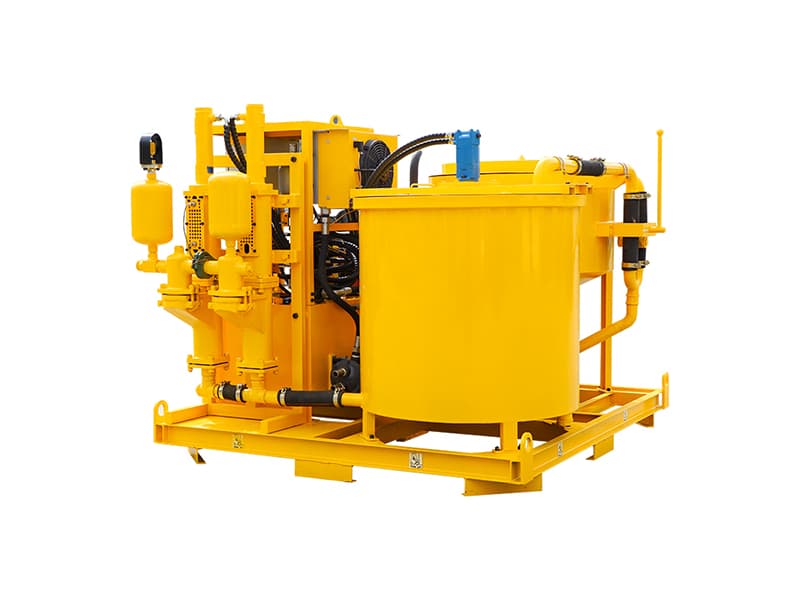
.jpg)
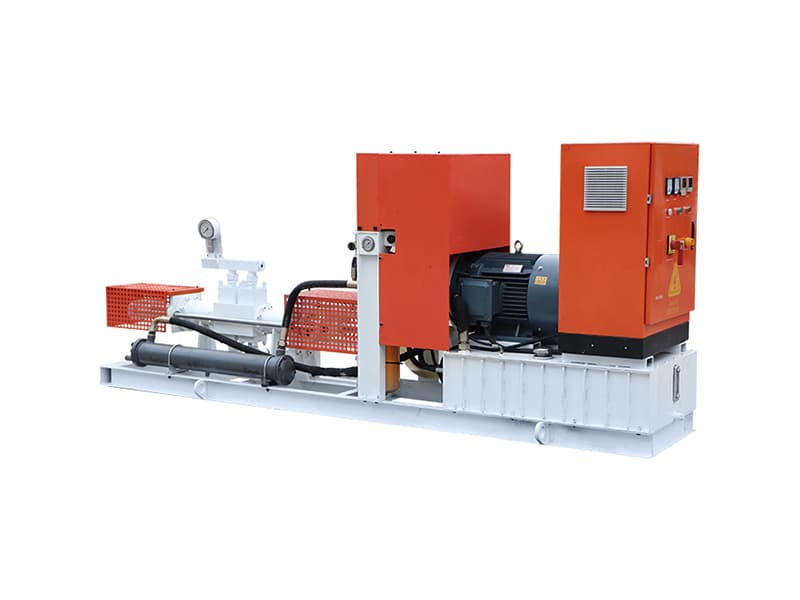
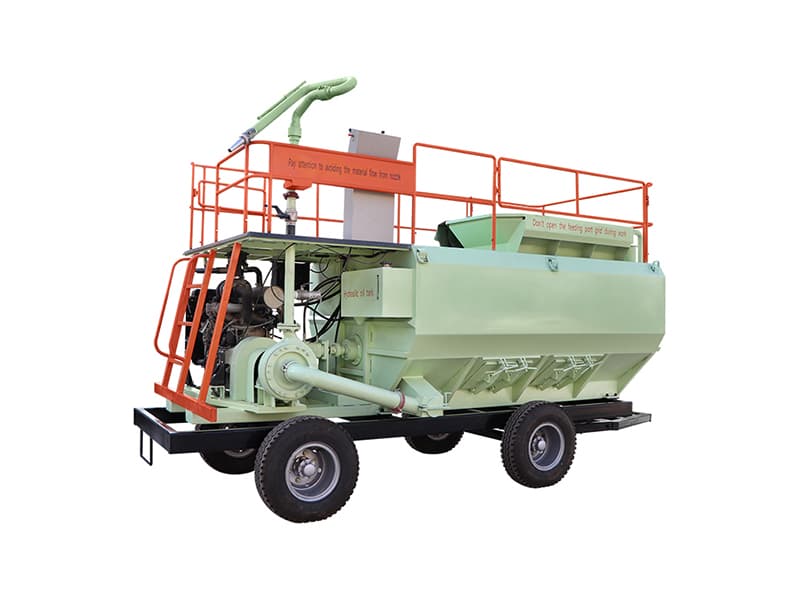
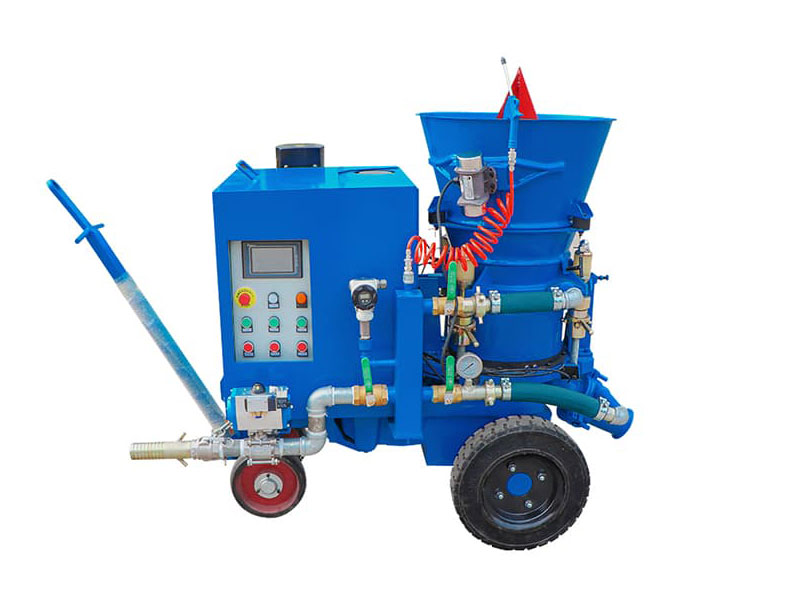
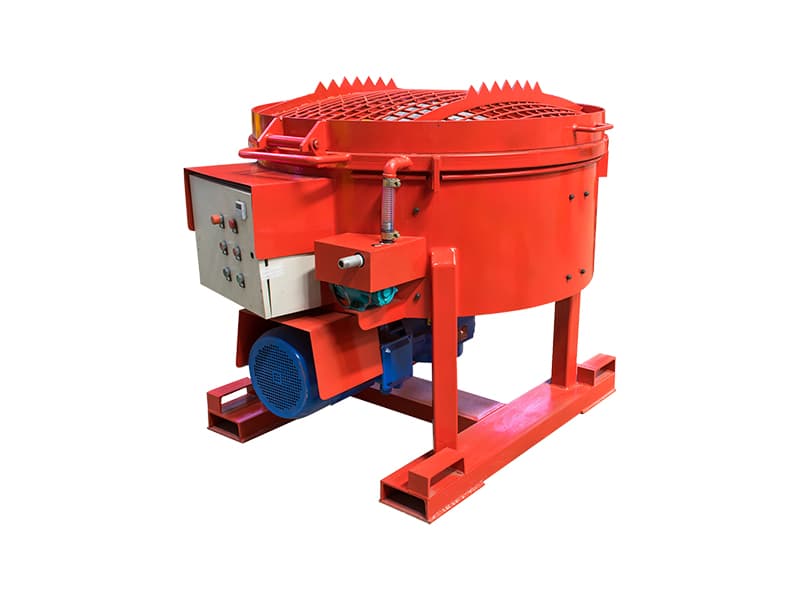
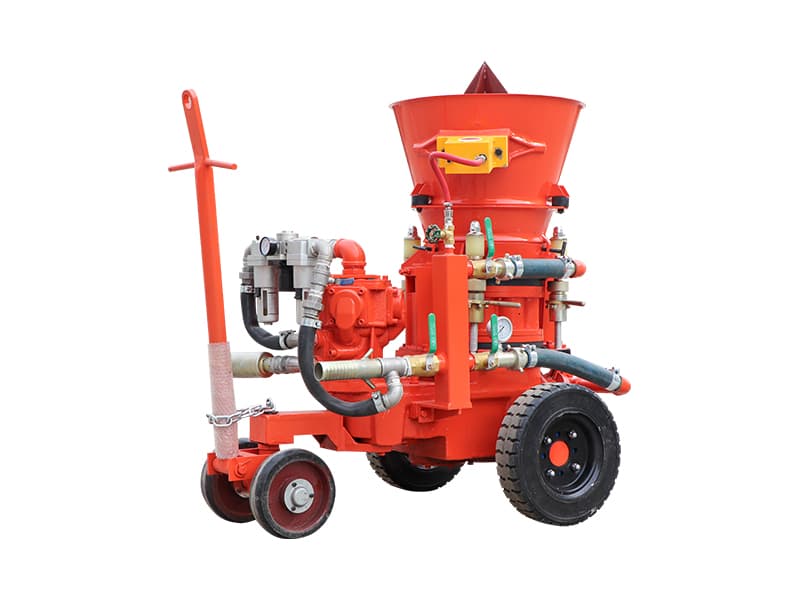
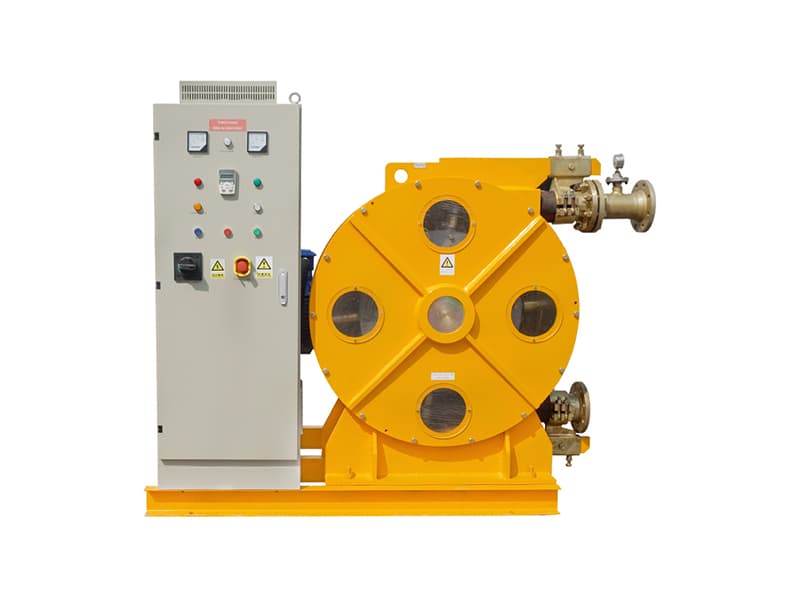
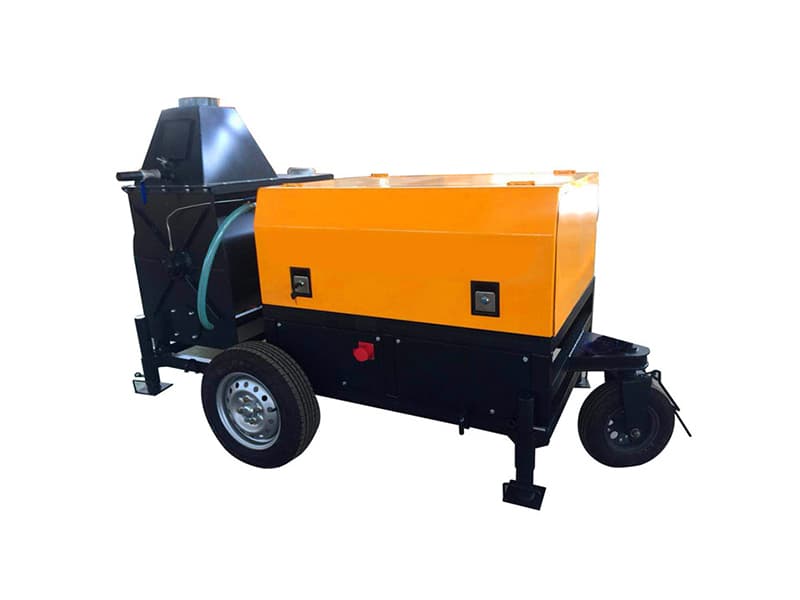
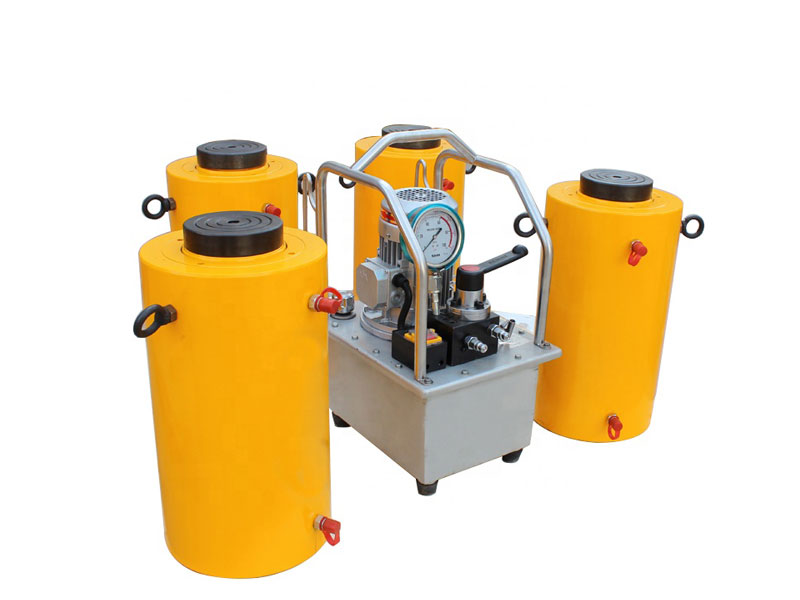
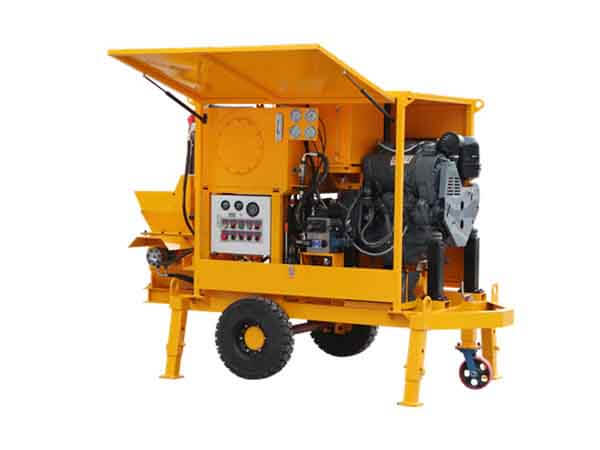
.jpg)
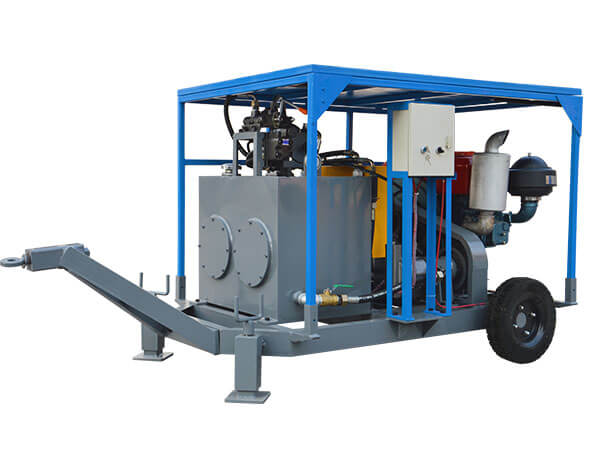
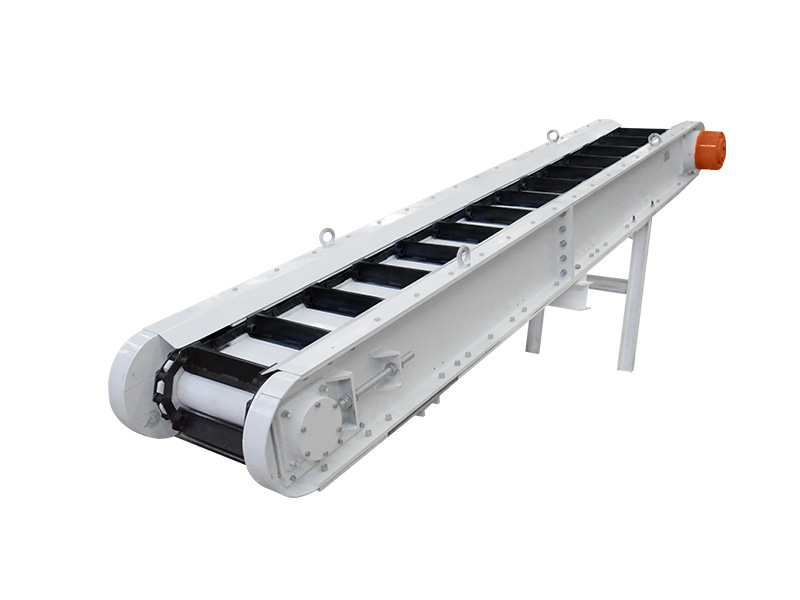
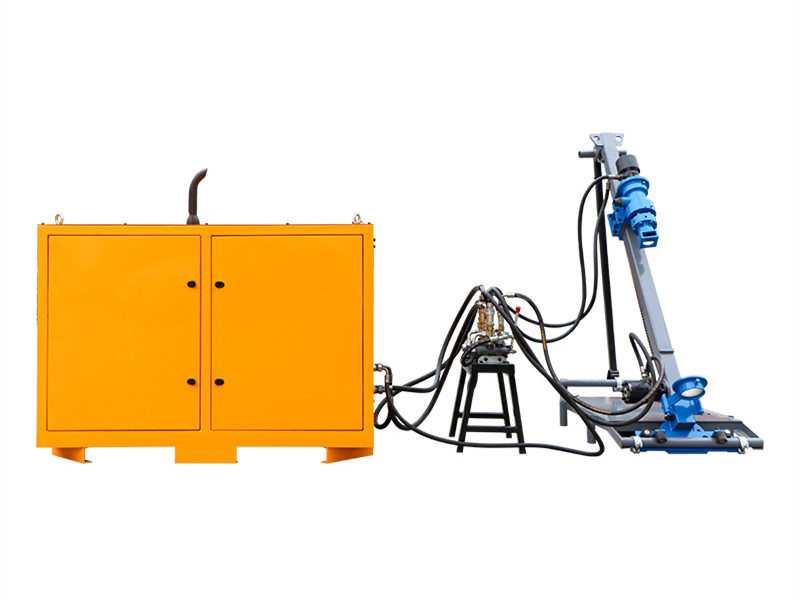



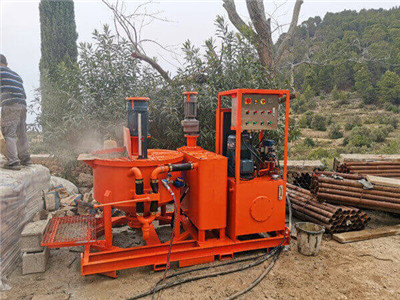
.jpg)
